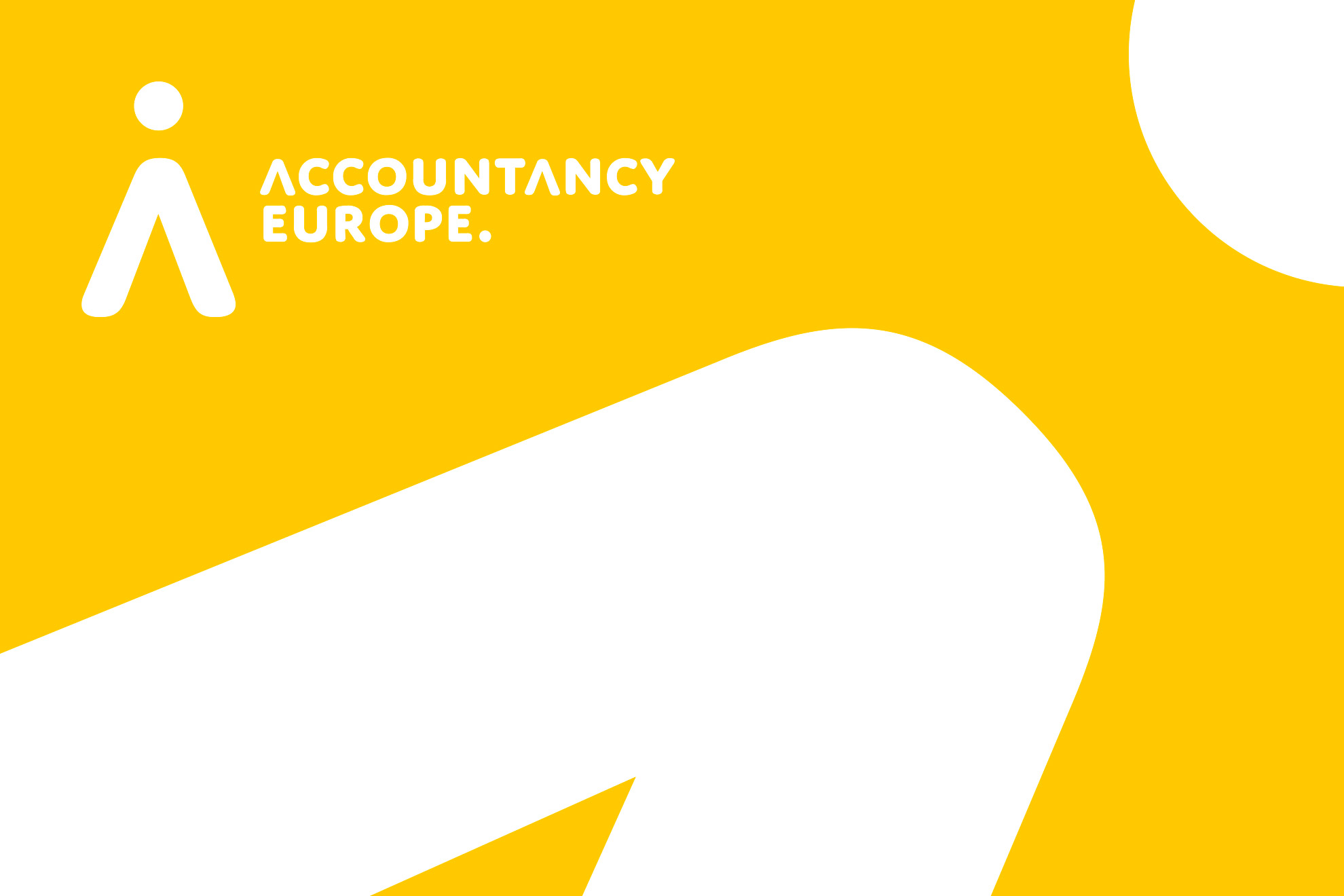29 March 2021 — News
with Hilde Blomme and Jona Basha by CPA Ireland Accountancy Plus Journal

March 2021 – Hilde Blomme, Accountancy Europe Deputy CEO, and Jona Basha, Accountancy Europe Senior manager, provide an overview of the current NFI reporting frameworks, explaining how the 5 leading global organisations on sustainability reporting have been trying to harmonise the so-called NFI reporting alphabet soup. They also explore the current state of play at EU and global level, offering suggestions on the possible way forward.
The world is on a trajectory for a temperature rise exceeding 3°C above pre-industrial levels, surpassing the 2°C target of the Paris Agreement and obviously, the ambitions for 1.5°C. In addition to climate change, environmental degradation, human rights and social issues are increasingly concerning companies, investors, policymakers, regulators and society in general. The coronavirus crisis brought a range of non-financial information (NFI) issues to the forefront and underscored their relationship with the economy.
Stakeholders understand that companies’ financial and NFI reporting impact and depend on one-another. Therefore, it is important to address NFI to ensure resilient business models.
The International Financial Reporting Standards (IFRS) guide financial reporting almost globally, however, NFI reporting does not enjoy the same level of standardisation.
There are currently a number of voluntary NFI initiatives and frameworks, commonly referred to as the ‘alphabet soup’. While the scope of each of these frameworks and initiatives differ based upon the needs of the users of those frameworks, they also share common elements and complement one-another. An answer to calls for harmonisation came in September 2020 from CDP, the Climate Disclosure Standards Board (CDSB), the Global Reporting Initiative (GRI), the International Integrated Reporting Council (IIRC) and the Sustainability Accounting Standards Board (SASB). These 5 leading global organisations on sustainability reporting (collectively referred to as “the Five) mapped how their initiatives fit to their vision for a comprehensive corporate reporting system. Accountancy Europe welcomed their unprecedented and much awaited collaboration. Let’s explore the Five’s work in a bit more detail.
Established by the Financial Stability Board in 2015, the Task Force on Climate-related Financial Disclosures (TCFD) aims to inform investors on the risks and opportunities of climate change. The recommendations are structured around 4 pillars:
1. governance
2. strategy
3. risk management
4. metrics and targets.
They are adopted in the European Commission’s (EC) 2019 Guidelines on the Non-financial Reporting Directive (NFRD), and expected to become mandatory in New Zealand, the United Kingdom, Hong Kong and Switzerland as well as being supported by investors (e.g. BlackRock, State Street Global Investors, Norges Bank Investment Management). Established in 2000, CDP runs a disclosures system on climate change, water security and deforestation for investors, preparers, countries, and rates them based on these datapoints.
Since 2007, CDSB has provided a framework for reporting environmental information, useful for investor decisionmaking. It includes the characteristics of information, requirements for disclosures and guiding principles. Founded in 2010, the IIRC developed its’ International Integrated Reporting Framework (<IR> Framework) which aims to provide investors with information on an entity’s value creation story and how it uses and impacts the 6 capitals (financial, manufactured, intellectual, human, social and relationship, natural). Since 1997, the GRI has been developing standards that enable a broad range of stakeholders to understand the impact a company has on the environment, people and the planet. These consist of universal, sector and topic standards. SASB published industry-specific standards in 2018. They aim to provide investors with topics and metrics, which may have a material financial impact on the company. Similar to TCFD, they are very popular among investors.
Accountancy Europe’s Cogito Paper 2019 Interconnected standard setting for corporate reporting (Cogito Paper 2019) elaborated a materiality lens that builds on the popular financial materiality, expands time-horizons to include impacts on value creation and addresses wider impacts on the environment and society (see Figure 1).
The Five built on these ideas in their paper and developed “dynamic materiality”, which guides their vision for corporate reporting (see Figure 2).
In addition to financial materiality, they categorise NFI matters as material to:
The International Accounting Standards Board (IASB), SASB and CDSB would provide the standards to address enterprise value creation, underpinned by the principles of the Framework. GRI standards would both complement the enterprise value creation standards and provide the basis for wider impacts. The Five further illustrated reporting for enterprise value creation with a prototype standard on climate-related financial disclosure.
The full article is available below, and was originally published on CPA Ireland Accountancy Plus Journal – March 2021.
A PDF version of the March 2021 Accountancy Plus Journal by CPA Ireland is available below.